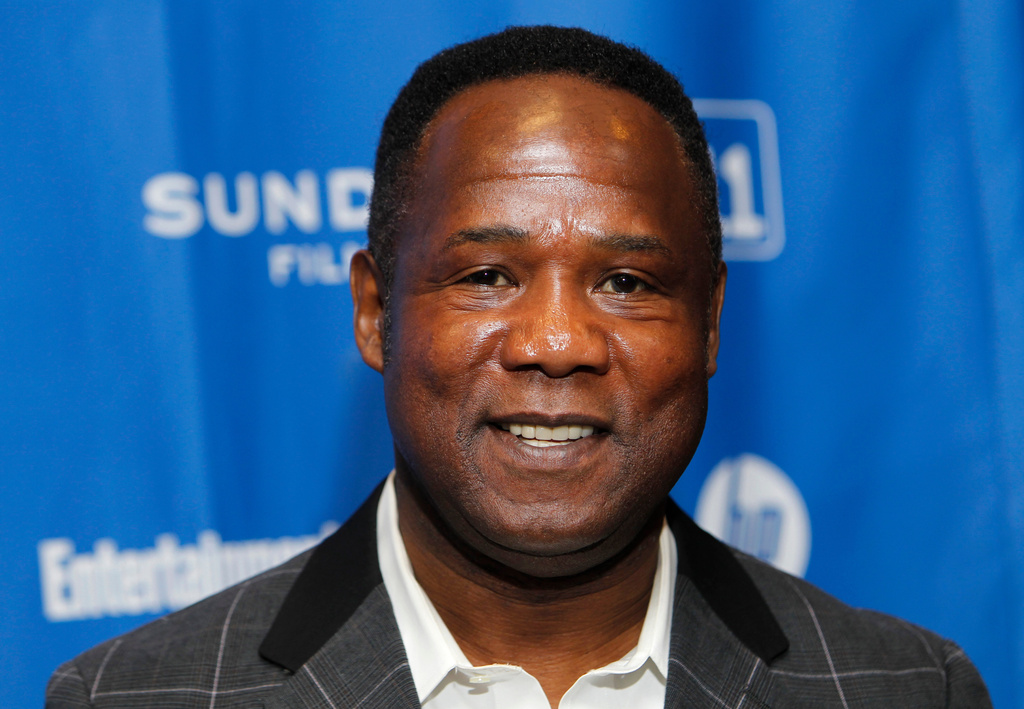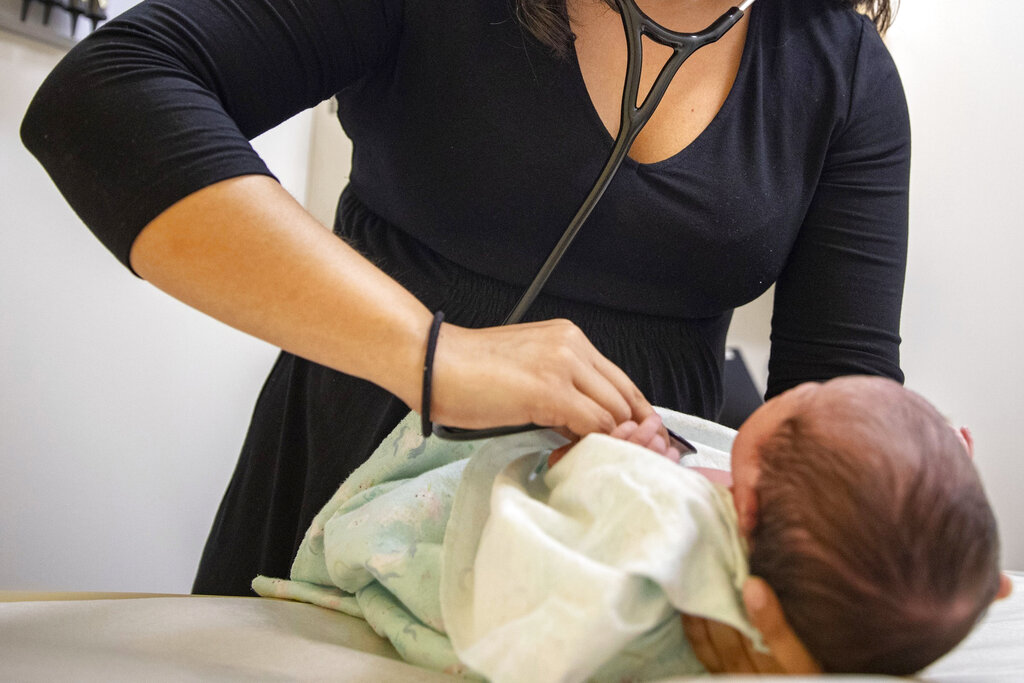VA medical facilities are now opening their doors to civilians infected with COVID-19 in states like Michigan, Louisiana and Massachusetts, and veterans are taking to social media to express their outrage.
“I would agree with putting up a tent city outside the VA hospital using the parking lots, OK, because we swore to serve against foreign and domestic [threats]. Well, this virus is foreign and domestic at the same time,” Cricket Babers said.
In the '70s, Cricket Babers served as a hospital corpsman with a Marine medical battalion in the Philippines.
“As a combat medic, ... we had a situation on a couple islands in the Pacific had a virus going on. And I've seen how fast it can work. It was actually one of my first MEDIVACS; I went on and to see a 5-year-old or an 85-year-old go from looking hearty and healthy in an hour to be emaciated and dying. We had to actually burn a couple of villages. And it was very devastating. And it was quick,” Babers said.
Babers feels the VA should only treat veterans or first responders. And she is not alone.
On Facebook, comments in this Louisiana veterans group vary from “the VA needs to focus on veterans” to “you are choosing to expose the oftentimes weakest and most vulnerable to a situation that will more than likely take their lives.”
“The places like New Orleans, they couldn't handle [Hurricane] Katrina, which was a visible enemy coming up. This is an invisible enemy,” Babers said.
Two major cities in Louisiana and Michigan have 14,000 cases combined. Of those, 565 are veterans.
“Being younger, I'm not so concerned because most of my interaction in the VA — I was injured in Iraq, injured my foot is a minor injury. So I don’t have to go there all the time for treatment,” Scott Thomas said.
Army veteran Scott Thomas, a Michigan native, says he is OK with the VA sharing its resources as long as older veterans and those with more serious conditions are protected from any exposure to the virus.
“As a whole we all got to work together to do what's right and most helpful for our neighbors. And if they have resources that can be shared, I think that's the right thing to do,” Thomas said.
A Department of Veterans Affairs spokesman told Newsy the VA does have plans in place to protect veterans and staff from those with COVID-19.
And its website describes its plan of action: “The VA will begin to implement two zones within all inpatient units: one for dedicated staff and space to care for COVID-19 patients; the second will be a zone for all other care. These overall changes are aimed at minimizing the risk of infection as VA’s medical professionals make decisions based on what’s appropriate for the given environment and situation.”
“Most every serviceman or woman that I met, has signed, ... has given a blank check for our government. We signed the names: Whatever you want from me, I will give. But if I can't give my whole mind because it's in my neighborhood, then I have to say — I have to be harsh about that and say the VA should only be for the people like me,” Babers told Newsy.
It is unclear when the medical facilities will begin seeing non-veterans with COVID-19. But to date at least 167 veterans have died after being exposed to the virus and nearly 3,300 have contracted it.
Terace Garnier. Newsy. Washington.











